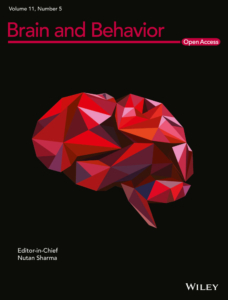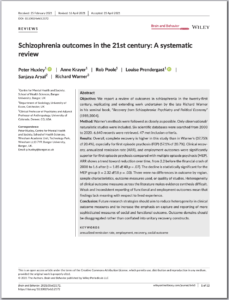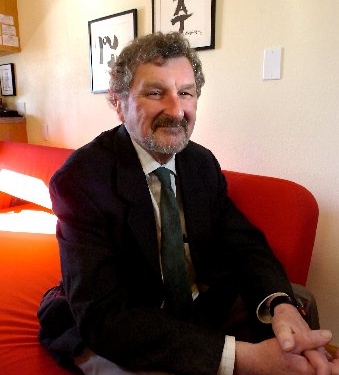British-based mental health specialists Peter Huxley, Anne Krayera, Rob Poolea, Louise Prendergast, and Sanjaya Aryal are reporting on a review of outcomes in schizophrenia in the 21st century, replicating and extending work undertaken by the late Colorado Recovery founder Richard Warner, M.D., in his seminal book Recovery from Schizophrenia: Psychiatry and Political Economy (1985 and 2004). The researchers followed Dr. Warner’s methods as closely as possible, including only observational/naturalistic studies. Six scientific databases were searched from 2000 to 2020.
In 1985, Dr. Warner used empirical evidence to strongly challenge the then prevailing view of schizophrenia, which suggested that psychosis was strongly characterised by poor clinical and social outcomes. Warner distinguished between “complete recovery” and “social recovery”. He defined the former as loss of psychiatric symptoms and return to pre-illness level of functioning, whereas he defined social recovery in functional terms; economic and residential independence with low social disruption, an important component of which is employment.
The new review tends to confirm one of Warner’s key assertions, that a significant proportion of people who receive a schizophrenia diagnosis make a good recovery. Comparison of the new findings and Warner’s original findings show significant improvements in rates of first episode psychosis (FEP) recovery, with more disappointing results for multiple episodes psychosis (MEP,) especially post-2008.
Huxley et al. concluded there is growing recognition that “outcome” is most meaningfully understood in terms of social parameters. They write that “A new approach is needed that does not ignore the biological and psychological aspects of psychosis but does place both causation and intervention firmly in their social context. Psychosis is a disorder where onset, course and outcomes are profoundly affected by social factors. Recovery can only meaningfully be understood as a social phenomenon.”

 https://www.coloradorecovery.com/wp-content/uploads/2023/01/DSC_5331-1-scaled.jpg 1703 2560 Kevin Zundi https://coloradorecove.wpengine.com/wp-content/uploads/2017/12/cr-logo.png Kevin Zundi2024-11-26 12:06:542024-11-26 12:13:48Utilizing Gratitude and Community Support During the Holiday Season
https://www.coloradorecovery.com/wp-content/uploads/2023/01/DSC_5331-1-scaled.jpg 1703 2560 Kevin Zundi https://coloradorecove.wpengine.com/wp-content/uploads/2017/12/cr-logo.png Kevin Zundi2024-11-26 12:06:542024-11-26 12:13:48Utilizing Gratitude and Community Support During the Holiday Season








